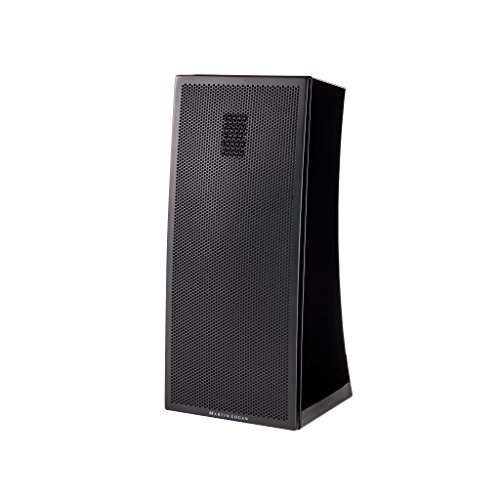David Matz
Well-known member
Ever ponder these questions?
- Why doesn’t reproduced music sound like the real thing?
- Why is dynamic range missing from most recordings?
- Why is there excessive detail on some recordings (and thus on some equipment)?
- Should the music producer or the listener be responsible for the quality of the final sound?
- Would it cost more or less to produce really good sound?
- If it sounds good, is it high fidelity?
- What roles do objectivity and subjectivity play in someone liking a disc?
These questions get to the heart of what it means being a music lover vs. an audiophile. Check out this great essay by J. Gordon Holt:
http://www.stereophile.com/historical/864howhifi/index.html
- Why doesn’t reproduced music sound like the real thing?
- Why is dynamic range missing from most recordings?
- Why is there excessive detail on some recordings (and thus on some equipment)?
- Should the music producer or the listener be responsible for the quality of the final sound?
- Would it cost more or less to produce really good sound?
- If it sounds good, is it high fidelity?
- What roles do objectivity and subjectivity play in someone liking a disc?
These questions get to the heart of what it means being a music lover vs. an audiophile. Check out this great essay by J. Gordon Holt:
http://www.stereophile.com/historical/864howhifi/index.html













